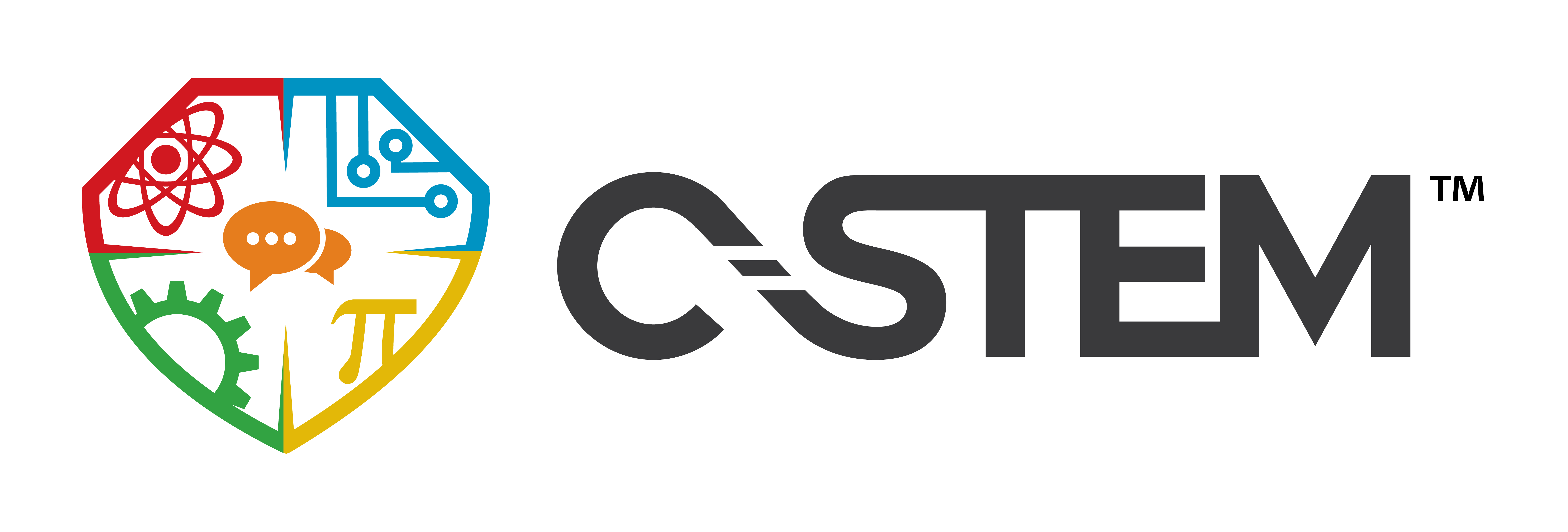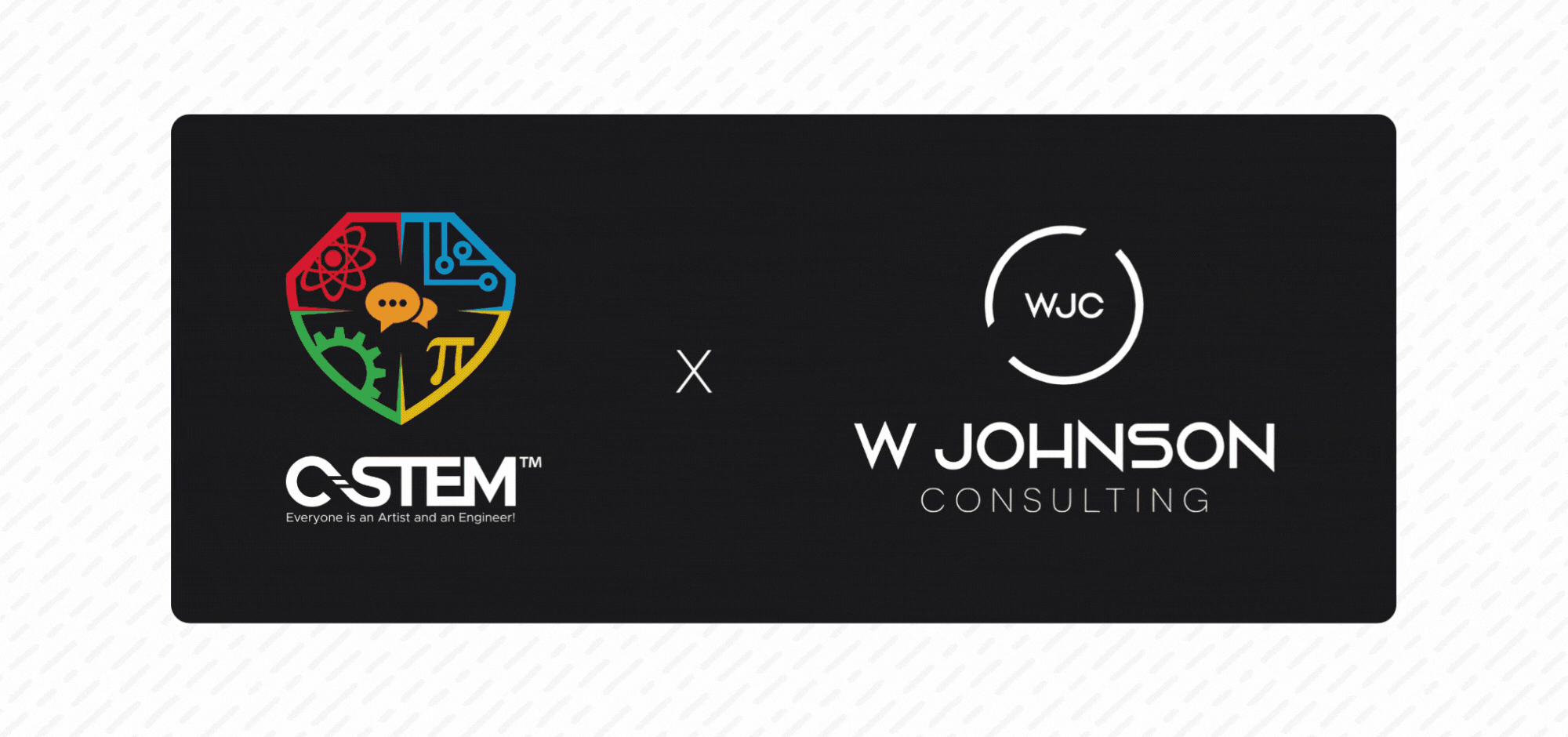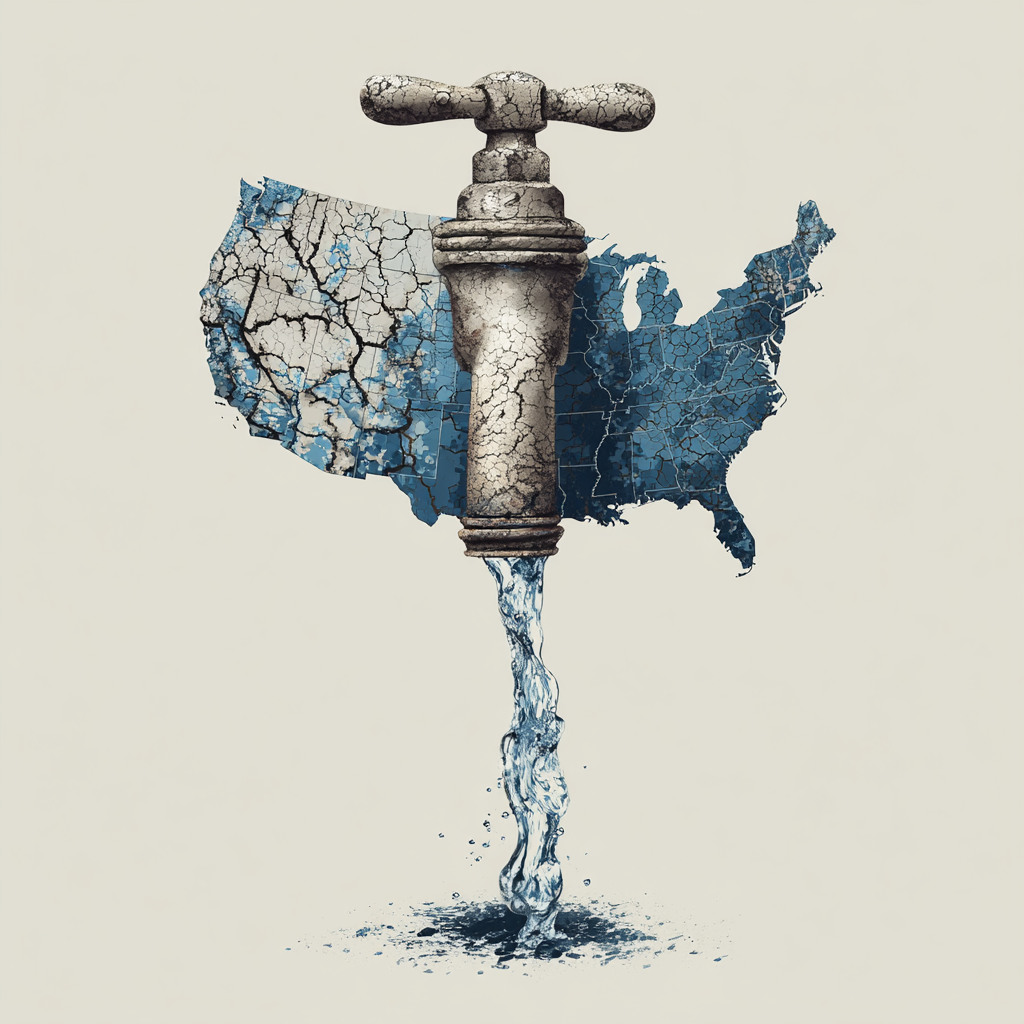The upcoming 2025 Milken Institute Global Conference is challenging today’s business leaders to think boldly and work collaboratively across sectors to shape a more inclusive, sustainable future. A compelling essay by Robert F. Smith, Founder, Chairman, and CEO of Vista Equity Partners, sets the stage for how artificial intelligence (AI) can be a catalyst for that future—particularly when applied thoughtfully to STEM education and workforce development.
Smith describes AI as the next great transformative force—one with the power to reshape economies, revolutionize industries, and elevate communities. But he doesn’t stop at technology; he emphasizes something that C-STEM has championed for over two decades: collaboration across sectors—business, government, and education—as a vital ingredient for lasting progress.
As we stand on the brink of AI’s widespread integration, the question is no longer whether it will change our world—it’s how we ensure that change benefits everyone.
Source: https://www.hearsaysystems.com/blog/recap-hearsays-fall-roundtable-retreat
Bridging the Digital Divide: A Prerequisite for Progress
Despite rapid advancements in AI, the digital divide remains a significant barrier to shared prosperity. As shared in Smith’s essay, in the United States alone, 24 million people still lack reliable broadband access—let alone the hardware and computing power needed to meaningfully engage with AI-driven tools.
In education, the divide is particularly pronounced. While many schools have classroom WiFi, home internet access has declined sharply—from 70% of schools offering it to just 45%. This leaves millions of students at a disadvantage, unable to practice or explore beyond the classroom, further widening the opportunity gap in STEM.
Expanding broadband infrastructure must be a national priority, especially in rural and underserved areas. Without it, too many families and future workers will be locked out of the AI economy before they even have a chance to participate.
Equitable Access to Financial and Innovation Ecosystems
Smith also highlights the lack of foundational financial infrastructure in underrepresented communities. Without access to banks, credit unions, loan funds, and venture capital, promising innovators lack the means to launch AI-powered businesses or access the tools that could improve their lives and communities.
These systemic inequities must be addressed in tandem with digital access. It’s not enough to provide broadband—we must also ensure that communities have the resources and support to fully engage in the digital economy.
Empowering the Next-Gen Workforce
AI will profoundly reshape every sector of the workforce, creating new roles while redefining existing ones. Our greatest challenge is preparing people—especially young learners—to thrive in this evolving landscape.
This starts with robust STEM education and digital literacy, integrated across all learning levels and made accessible in EVERY zip code. But it doesn’t end there.
Workforce preparation in the AI era must also focus on:
- Lifelong learning opportunities for reskilling and upskilling
- Mentorship and career navigation support
- Business and educational partnerships that bridge classroom learning with real-world applications
AI is advancing faster than any other technology in recent history. To keep pace, educational systems and employers must embrace a mindset of continuous learning—providing knowledge and the confidence and adaptability needed to succeed in an AI-enhanced world.
The Call to Action
AI holds enormous promise—but realizing its potential requires intentional planning, cross-sector collaboration, and a commitment to inclusive growth. We must build infrastructure, shape policy, and invest in talent development with equity at the core.
As Robert F. Smith urges, and as C-STEM has long practiced, we must think bigger and work together. If we do, AI can be a powerful tool for economic mobility, productivity, and social progress—not just for the privileged few, but for all.
Written by Reagan Flowers, Ph.D.






